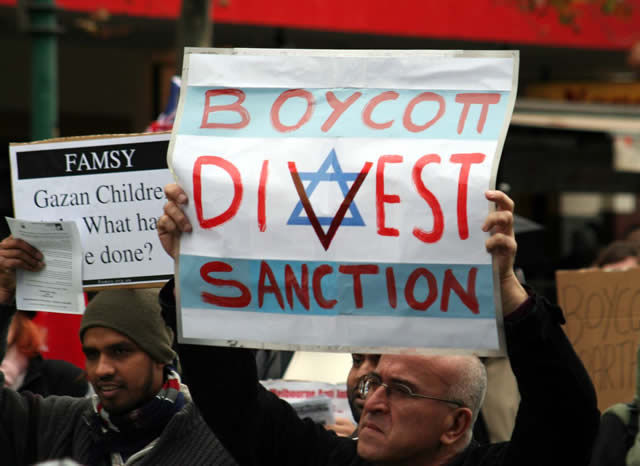ISRAEL - BDS Has Little Impact
- Arno Froese
- Nov 20, 2025
- 3 min read

As the Israel-Gaza war shows signs of winding down, another front of the conflict has intensified far beyond the region’s borders: a wave of global boycotts targeting companies linked to Israel. From fast-food chains and tech giants to consumer brands and airlines, activists have urged consumers to cut ties with firms seen as complicit in the war or operating in areas they deem as “occupied territories.”
However, behind the visibility lies a more complex reality. Economists and trade analysts say the boycotts’ economic bite has been modest, especially compared to the far greater disruptions caused by the war itself.
Major carriers—such as United Airlines, Delta, American Airlines, Air France–KLM, Lufthansa, and British Airways—stopped their flights to Israel, citing missile activity, insurance risks, and airspace closures.
Even Ryanair, Europe’s largest low-cost airline, resumed service in early 2024, only to suspend flights when its low-cost terminal at Ben-Gurion Airport closed. CEO Michael O’Leary cited “commercial viability and safety,” not political pressure, as the reason for pulling out.
Large companies such as Intel, Hewlett-Packard, and Microsoft continue operations despite public criticism, and multibillion-dollar investments, such as Intel’s new chip plant, underscore confidence in the sector.
Prof. Dan Ben-David, president and founder of the Shoresh Institution for Socioeconomic Research, and professor of economics at Tel Aviv University, said that Israel’s long-term risks are subtler but potentially more significant than consumer boycotts.
Ben-David concluded that without internal reforms, external risks could grow into serious challenges—but decisive domestic action could stabilize Israel both at home and abroad.
Though many boycotts may make more noise than impact, Israel must still adapt to avoid isolation and ensure that symbolic campaigns never become substantive ones.
-www.jpost.com, 6 November 2025
Commentary: The Jewish state has successfully defended itself against Arab nations that threaten its destruction. Apparently, they all have learned their lesson. Yet terrorist groups—Hamas, Hezbollah, and Houthis—need to be carefully monitored in order to be met with intelligent defense.
BDS (boycott, divestment, sanctions) in simple terms means: Don’t buy anything made in Israel; don’t invest in the country; don’t participate in any and all entertainment, sports, or social activities. Yet, it seems that mostly the opposite has occurred.
As of 2025, 159 states fully recognize the State of Israel; that means 83% of the 192 members of the United Nations.
What’s rather strange is that Israel’s attempt to extradite murderers and criminals has caused a significant shake-up in the political world. Even more strange is the fact that peace-loving, civilized, functioning nations openly support an Arab state which never existed: Palestine. No other country is forced to deal with such issues.
But there are two sides to the coin. Israel must implement protective measures against serious challenges. As Ben David states, “decisive domestic action should stabilize Israel both at home and abroad.” Doubtless, Israel again will deal with such unexpected opposition and come out on top.
In summary, Israel is different. It is the nation God created and named: “And God said unto him, Thy name is Jacob: thy name shall not be called any more Jacob, but Israel shall be thy name: and he called his name Israel” (Genesis 35:10). Later, the prophet Zechariah adds: “For thus saith the LORD of hosts; After the glory hath he sent me unto the nations which spoiled you: for he that toucheth you toucheth the apple of his eye” (Zechariah 2:8).




Comments